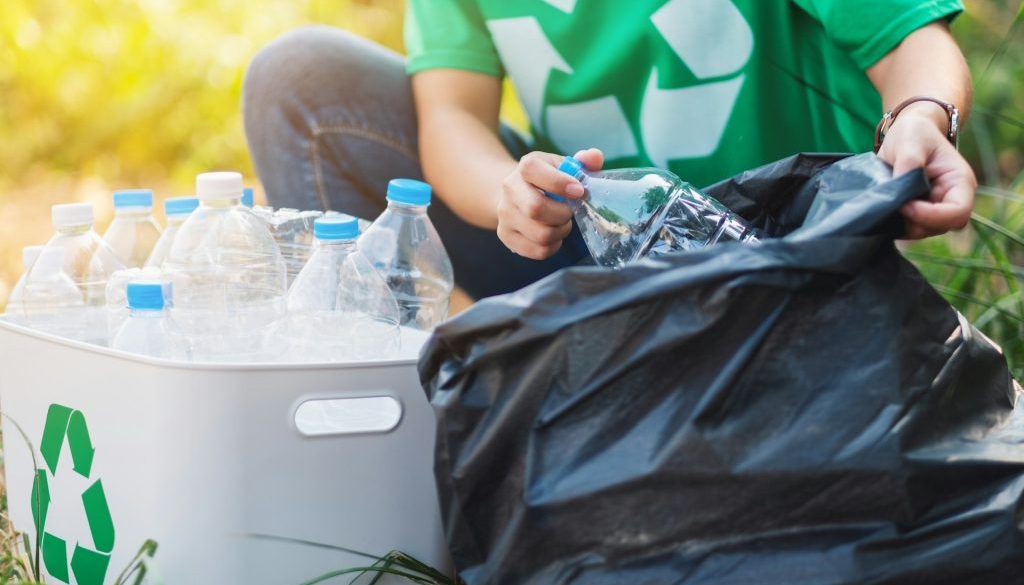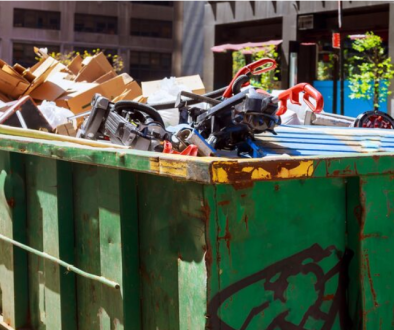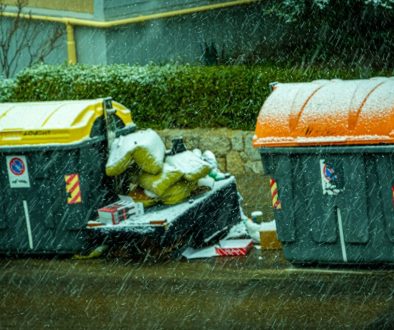Recycling everyday rubbish can seem like a daunting task, but with a little know-how, it becomes surprisingly simple. By recycling, we can reduce the amount of waste that ends up in landfills, conserve natural resources, and help the environment. Many of the items we use daily can be recycled, repurposed, or reused in creative ways. Understanding what can be recycled and how to do it effectively is the first step to making a positive impact.
At home, it often starts with identifying what can go into your recycling bin. Many household items like paper, glass, plastic, and metal are all recyclable. However, each material has its own recycling process, and knowing the rules can help make recycling more efficient. For example, some plastics need to be separated by type, and certain items like food scraps should be avoided to prevent contamination.
Understanding What Can Be Recycled
Recycling starts with knowing which everyday items can be recycled. Many materials around the house can be repurposed, and learning these can help reduce waste. Here are some common items you can recycle:
1. Paper Products:
– Newspapers, magazines, and cardboard boxes are all recyclable. Clean paper without food stains can be placed in your recycling bin.
2. Glass:
– Most glass bottles and jars can be recycled. Just rinse them out and remove any caps or lids before putting them in the bin.
3. Plastic:
– Many plastic containers, like milk jugs and soda bottles, are recyclable. Check for the recycling symbol with a number on the bottom to know if it’s recyclable.
4. Metal:
– Aluminium cans, tin cans, and even some metal cookware can be recycled. Rinse them out to avoid contamination.
Not everything can go in your recycling bin, however. Items like greasy pizza boxes, light bulbs, and certain kinds of plastics may need special handling or should go in the regular rubbish.
Creative Ways to Recycle Household Items
Recycling doesn’t always mean just putting items in the recycling bin. Get creative and find new uses for old items. Here are some fun ideas:
1. Repurposing Glass Jars:
– Old glass jars can become storage containers for pasta, rice, or even craft supplies. They can also make charming vases for flowers.
2. Using Cardboard Boxes:
– Cardboard boxes can be reused for storage or cut up and used for kids’ art projects. You can also use them as weed barriers in your garden.
3. Turning Tins into Planters:
– Clean out old tin cans and paint them to create unique planters for herbs or small plants. Punch a few holes in the bottom for drainage.
4. Upcycling Clothes:
– Old T-shirts can be cut into rags for cleaning. If you sew, consider turning outgrown clothes into quilts or other fun projects.
5. Plastic Bottles as Bird Feeders:
– With a bit of creativity, you can turn plastic bottles into bird feeders. Cut holes for seed and hang them in your yard.
By finding new uses for everyday items, you can reduce the amount of waste you generate and add a bit of creativity to your recycling efforts.
Setting Up a Home Recycling Station
Creating an organised space for recycling at home makes the process much easier and more efficient. Here are some simple steps to get you started:
1. Choose the Right Location:
– Find a spot in your home that is convenient for everyone, like the kitchen or garage. The more accessible it is, the more likely you and your family will use it.
2. Get Proper Containers:
– Use separate containers for different types of recyclables like paper, glass, plastic, and metal. Clearly label each container to avoid confusion.
3. Educate Your Household:
– Make sure everyone in the house knows what can and cannot be recycled. You can put up a chart or list near the recycling station as a quick reference.
4. Maintain Regular Emptying:
– Establish a routine for emptying the recycling bins. This prevents overflow and keeps the area tidy.
Setting up a home recycling station doesn’t have to be complicated. With a bit of organisation, you can make recycling a seamless part of your daily routine.
Tips for Encouraging Family and Community Recycling
Getting everyone to recycle can sometimes be challenging. Here are some tips to encourage your family and community to get involved:
1. Make It Fun:
– Turn recycling into a game for the kids. See who can collect the most recyclables in a week or create a reward system for their efforts.
2. Lead by Example:
– Show your family and neighbours how easy and important recycling is by doing it yourself. Actions often speak louder than words.
3. Share Information:
– Educate your community about the benefits of recycling. Share tips and facts through social media, local meetings, or community boards.
4. Organise Community Events:
– Host recycling drives or clean-up days in your neighbourhood. These events can motivate people to participate and raise awareness about recycling.
5. Support Local Programmes:
– Encourage your community to use local recycling programmes and facilities. Helping people find convenient solutions makes a big difference.
By making recycling a fun and community effort, you can inspire more people to adopt good recycling habits.
Conclusion
Recycling everyday rubbish is not just a task but a commitment to taking care of our planet. By understanding what can be recycled, finding creative ways to repurpose items, and setting up an efficient home recycling station, each one of us can contribute to a cleaner environment. Encouraging your family and community to get involved can amplify these efforts, creating a larger positive impact.
For comprehensive support with recycling or hazardous waste disposal, Enviro Skip Hire is here to assist. We offer reliable services to ensure your waste is managed responsibly. Contact us today to find out more about our skip hire in Cheshire and how we can help you with your recycling efforts. Let’s make recycling a natural part of our daily lives.




